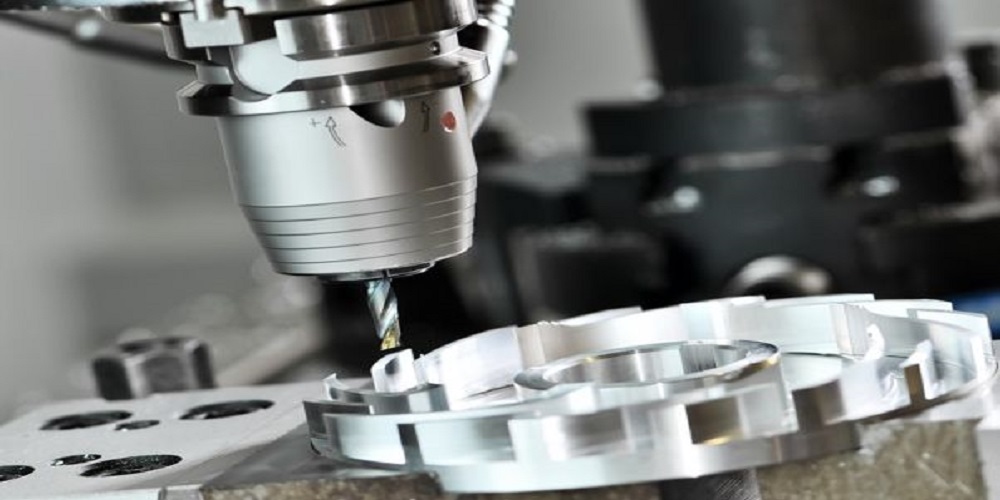
Aluminum 6061 and 7075 for CNC Machining
Aluminum is most widely used for various commercial and industrial purposes. It has a high strength-to-weight ratio, excellent tensile strength, and outstanding corrosion resistance. It is an essential raw material in the automotive, aerospace, sports, electrical, and construction industry. Enhanced characteristics of aluminum are obtained by mixing it with different metals to make aluminum alloys. Choosing a suitable aluminum alloy for CNC machining can be a complicated process. Two aluminum alloys are most excessively used in CNC Machining, i.e., aluminum 6061 and 7075. Both alloys have different compositions, physical and chemical properties, and costs. This article will help you understand the applications of Aluminum 6061 vs 7075 to make the right choice.
Characteristics of aluminum:
To understand the composition and properties of aluminum alloys, first, you should know the characteristic of raw aluminum. Some of its distinguishing features are given below:
- Silver to dull grey
- Soft, durable, lightweight
- Density 2.68g/cm3
- Non-magnetic and a good conductor of heat and electricity
- It has a melting point of 640 degrees and does not ignite easily.
- Its alloy elements include copper, boron, magnesium, lithium, zinc, silicon, tin, manganese, etc.Aluminum has a high melting point, but its alloys cannot resist high temperatures and may lose tensile strength. But, the ductility of aluminum alloys increases at decreased temperatures, making them ideal low-temperature alloys.
Features of aluminum 6061:
Aluminum 6061 is one of the most commonly used aluminum alloys. Its alloy elements are silicone and magnesium, which make it highly durable. After the hardening treatment, manufacturers weld them for commercial purposes. The distinguishing features of aluminum 6061 are given below:
- Tough and durable
- Corrosion resistance against unfavorable weather conditions
- Good surface finish
- Excellent anodizing effect
- Easy to weld
- Good machinability
- High tensile strengthFeatures of aluminum 7075:
Regarding durability and strength, no aluminum alloy can beat aluminum 7075. Its zinc and copper alloy elements are responsible for high tensile strength. It is an integral component in the aerospace and defense industries. Its cost is high due to its excellent mechanical properties compared to aluminum 6061. Some features of aluminum 7075 are given below:
- Highly malleable, even more, robust than the steel
- Fatigue resistance
- Corrosion resistance
- Medium machinability
- Suitable to use with oil lubricants
- Poor weldingAluminum 6061 vs 7075:
Both aluminum alloys have their unique characteristics. The choice of any one of them depends upon the type of prototype that you need to manufacture. Aluminum 6061 is usually preferred in CNC machining because of its high machinability compared to aluminum 7075. High machinability makes it easier to cut through CNC milling machines. The casting, drilling, and lathing of the aluminum 6061 are effortless.
In contrast, aluminum 7075 is hard to process through the CNC milling machines due to its high tensile strength. This aluminum alloy also increases the use and cost of milling machines which is uneconomical. Aluminum 7075 is used in those cases where the strength and ductility of the prototype are significant. It can withstand stress and has a high yield strength. Hence, the type of aluminum alloy used depends upon your CNC project.


